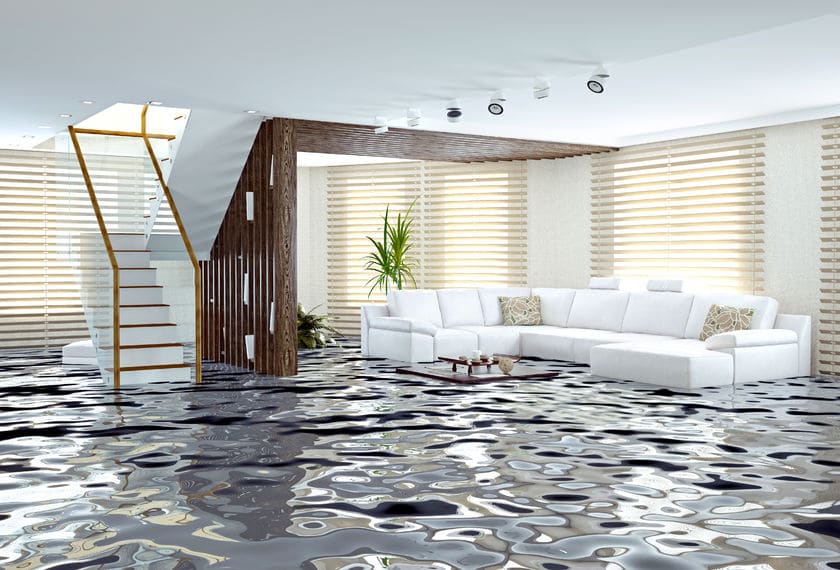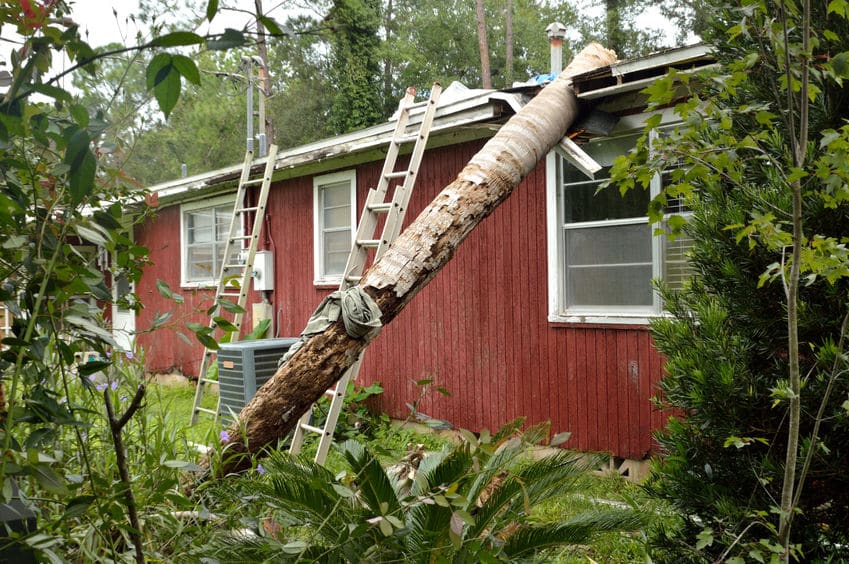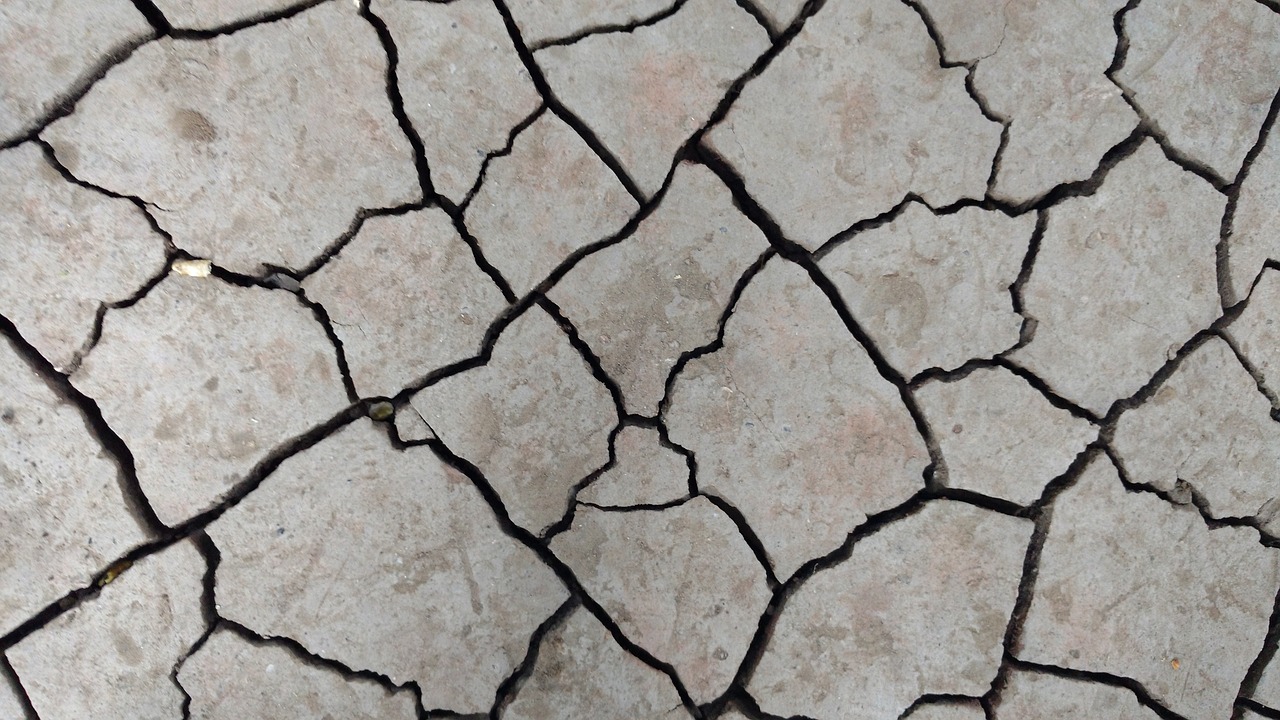
Tips on What to Do after a Water Claim
The events of Hurricane Harvey have been devastating and truly tragic, one of the worst weather disasters in decades to strike our nation, with thousands of people left homeless and hundreds or thousands of businesses ruined. It brings into very sharp focus what to do if you suffer water damage to your home or business.
Taking the right steps after you file a water damage claim can be the difference between a full settlement from your insurer and losing tens or hundreds of thousands of dollars which can be ruinous to your business. Explore and remember these important tips on what to do after a water claim to make sure you get your full losses covered.
Before the Claim
Before you even file a water claim, you want to mitigate further danger and damage. This means stop the water flow if possible. If it’s coming from a burst pipe, for example, turn off the water main in your house. Then, turn off the utilities and cease the use of any electrical appliances whatsoever. The dangers of explosions from natural gas leaks and electrocution as water gets into your walls and circuits are real. Keeping yourself safe is the first order of business.
Document the Damage
Take photographs of the damage before you do anything else. You’ll want evidence of what’s happened and of the damage that has resulted. The more detailed you can make these pictures, the better off you’ll be.
Remove Water Quickly
Take any fast and safe actions you can to get water out of the home. Mops, towels, even blankets, anything that can be used to soak up standing water can be useful. The more water you can safely remove on your own, the more you’ll be able to save your belongings.
Circulate Air
If you can, place high-powered fans in strategic areas to circulate the air. This is particularly important within the first one to two days following an indoor flood, as it will help to dry out the area and stop further damage from standing water.
Remove Property to Dry Locations
Anything you can remove to a dry area, you should do so. Elevate furniture above standing water, or get it out of the room to help save it from more damage, and to prevent wood stain from bleeding into your carpet or flooring. Get area rugs off of the floor and outside to dry. If the carpet is tacked down, however, leave it be and contact a carpet specialist.
Clean clothing and washables right away to stop bacteria and pathogens from developing. Keep an eye out for pests like vermin and snakes that may have gotten into your home; these can present dangers unto themselves. Finally, try not to throw items out before your insurance adjuster looks through it.
If you need help with information about flood insurance or water claims, Harris Insurance can help. Give us a call for help or more information today.




